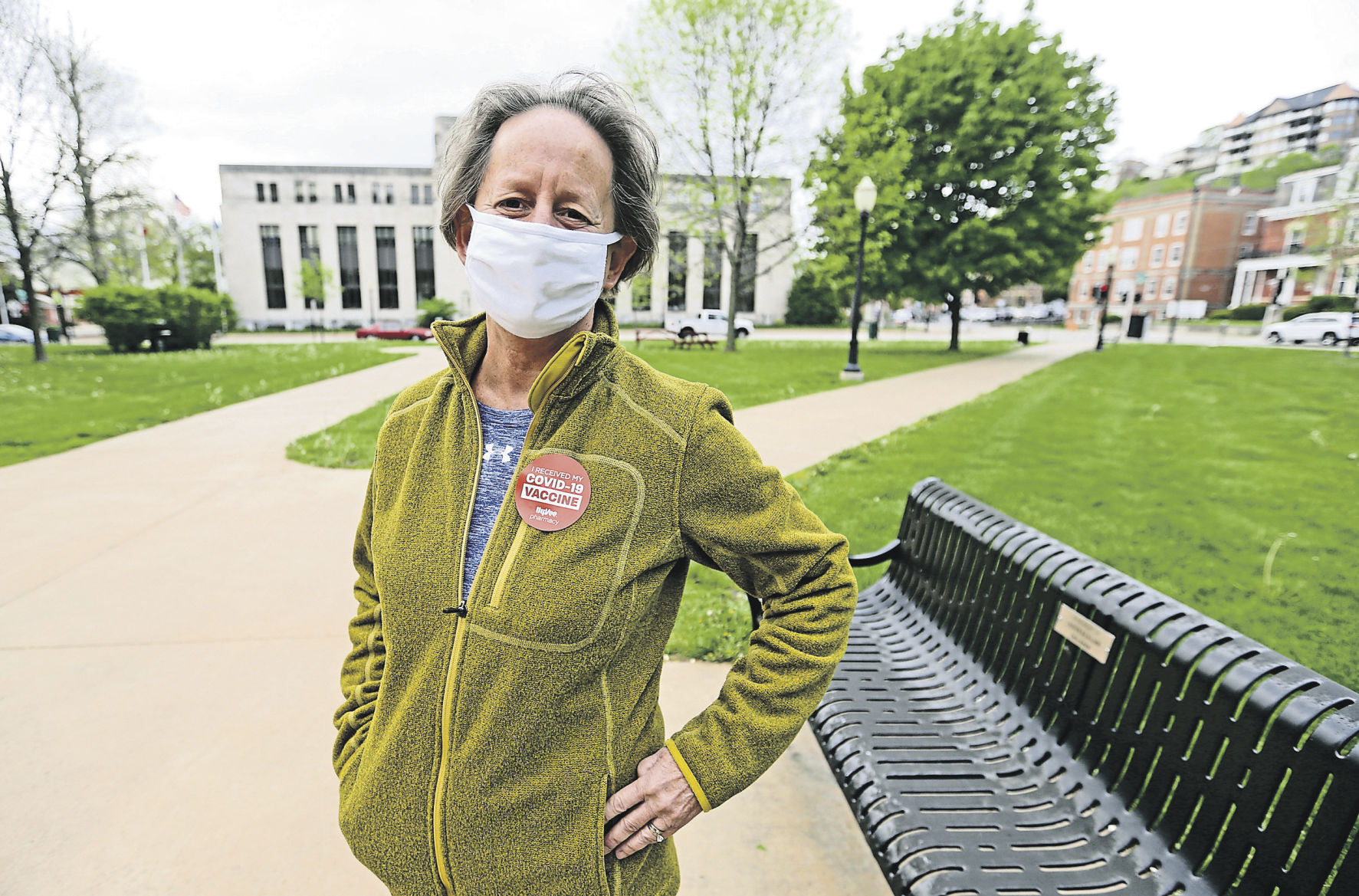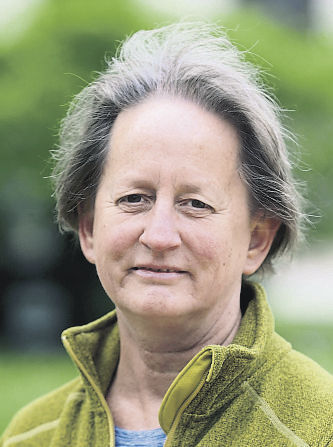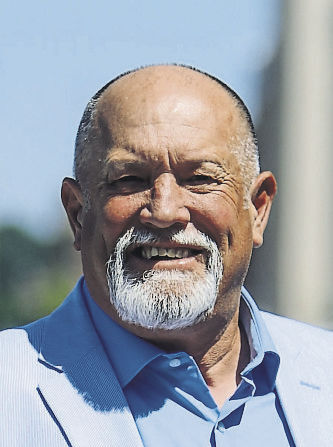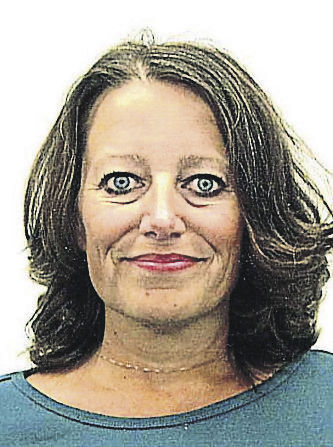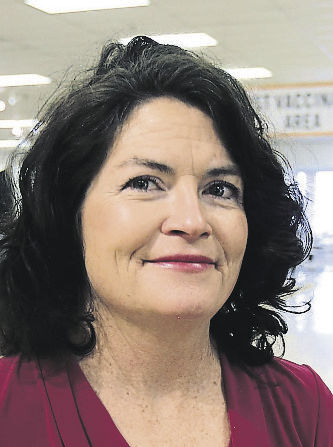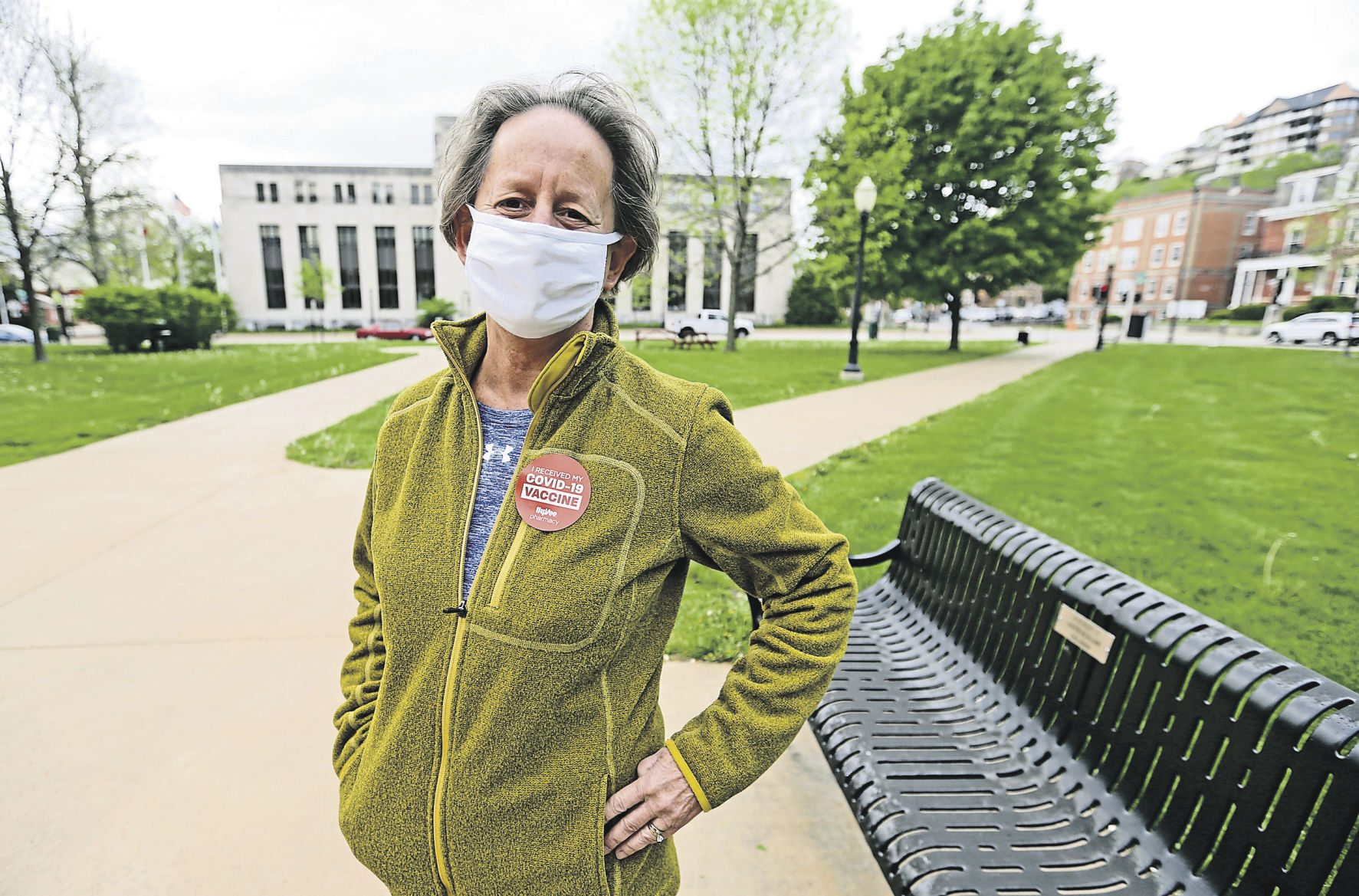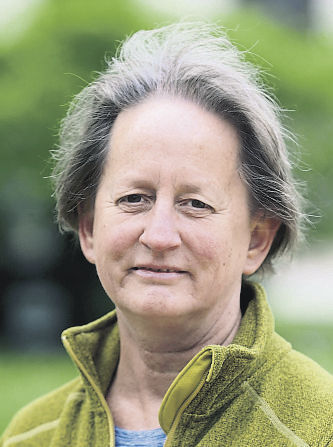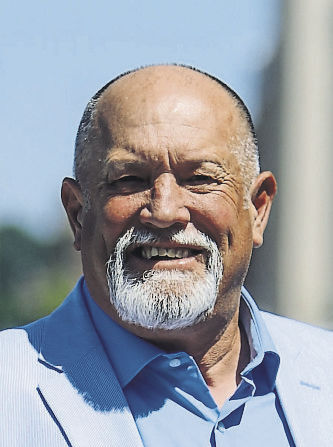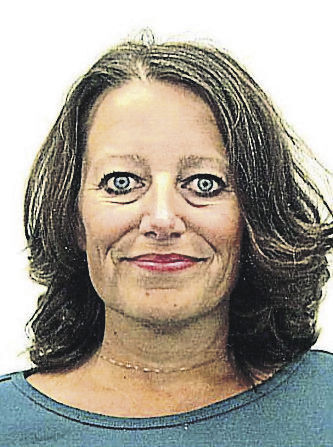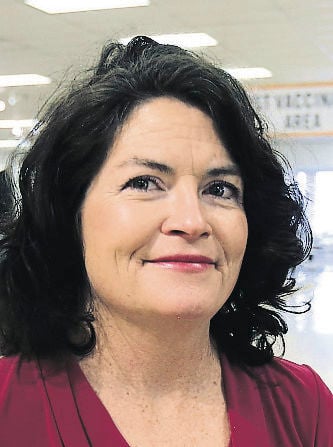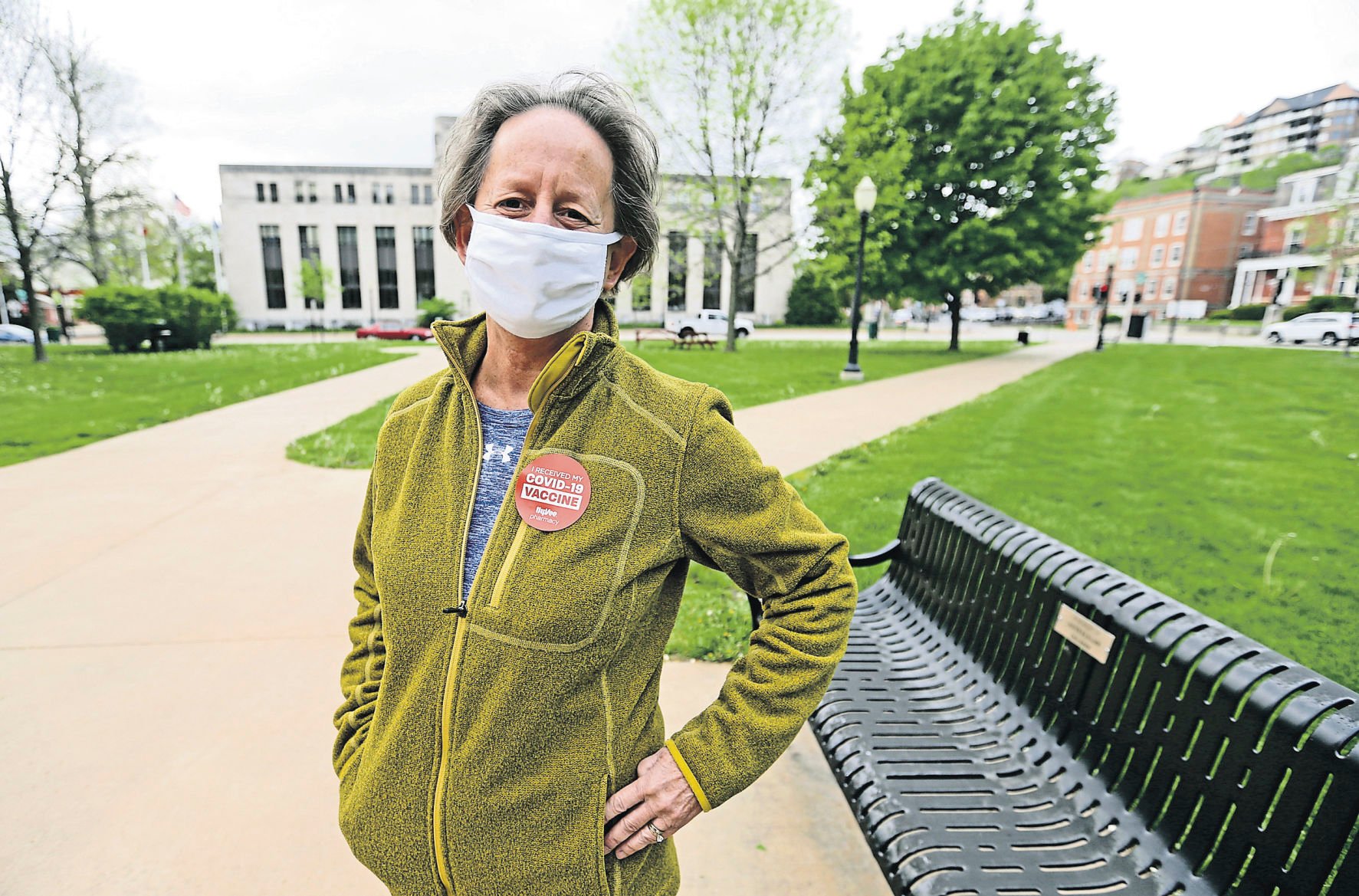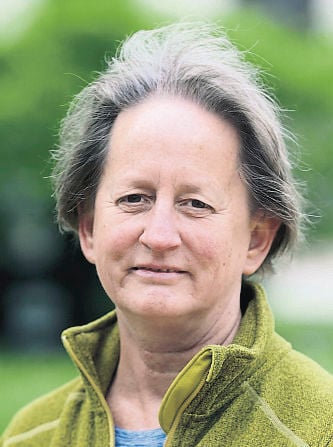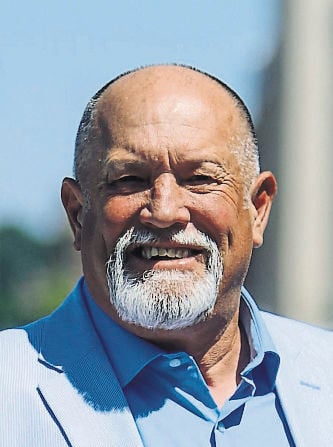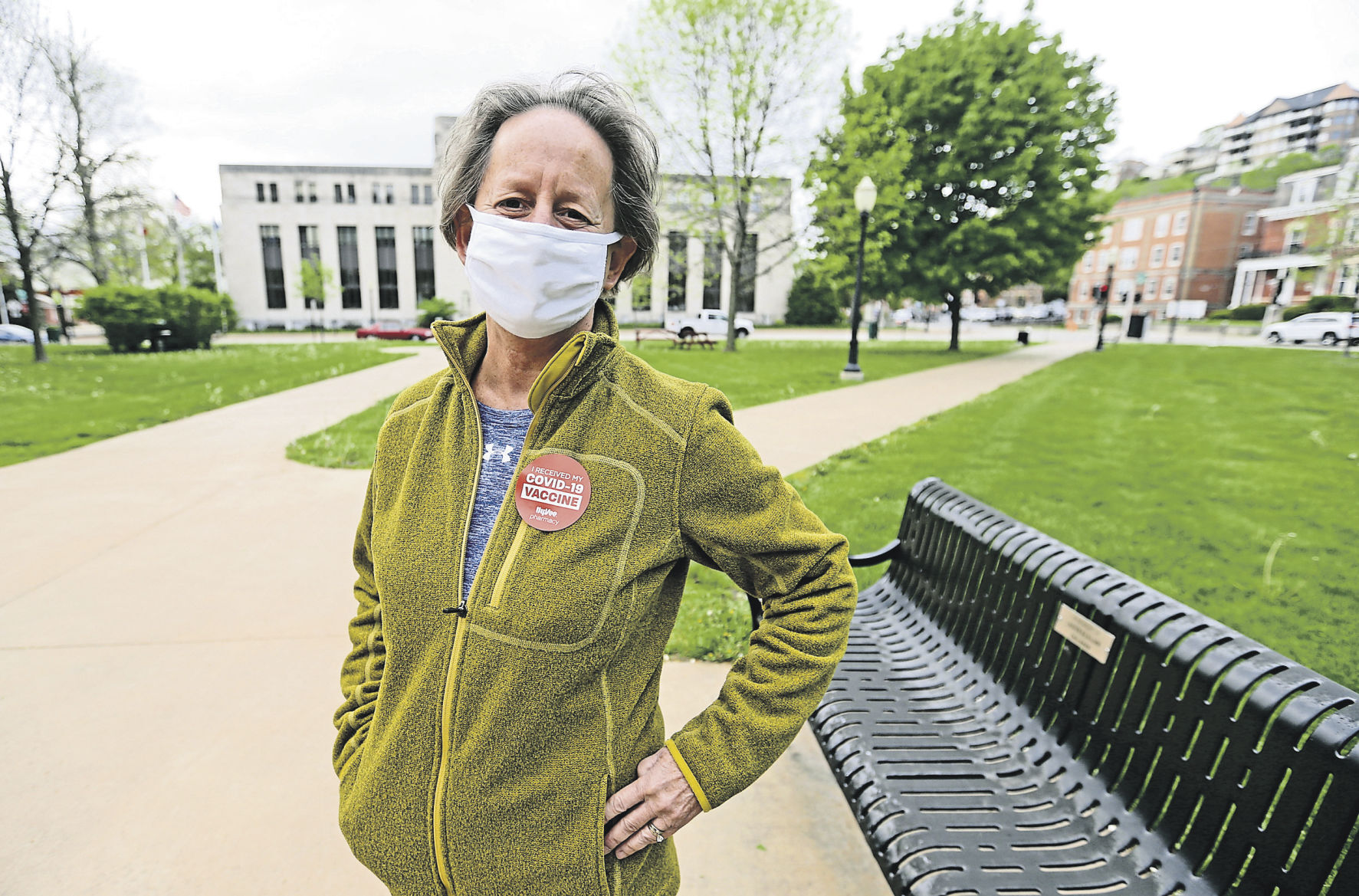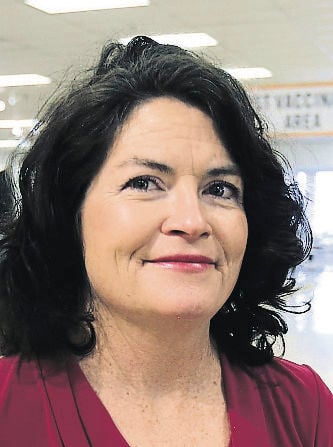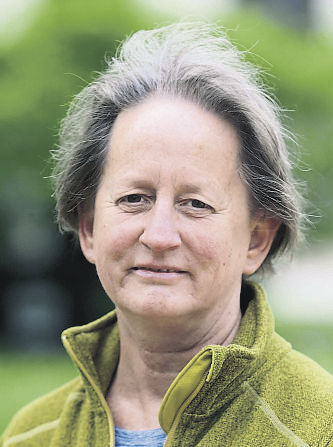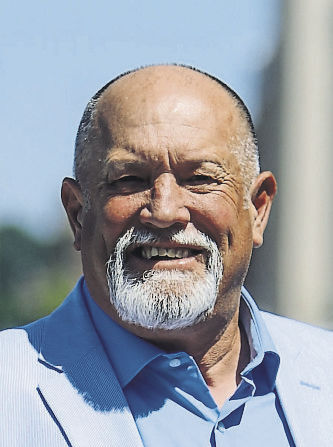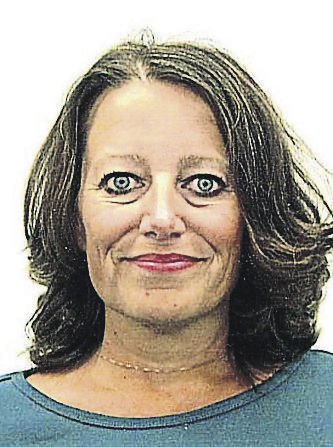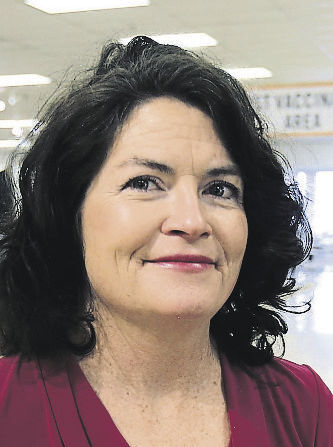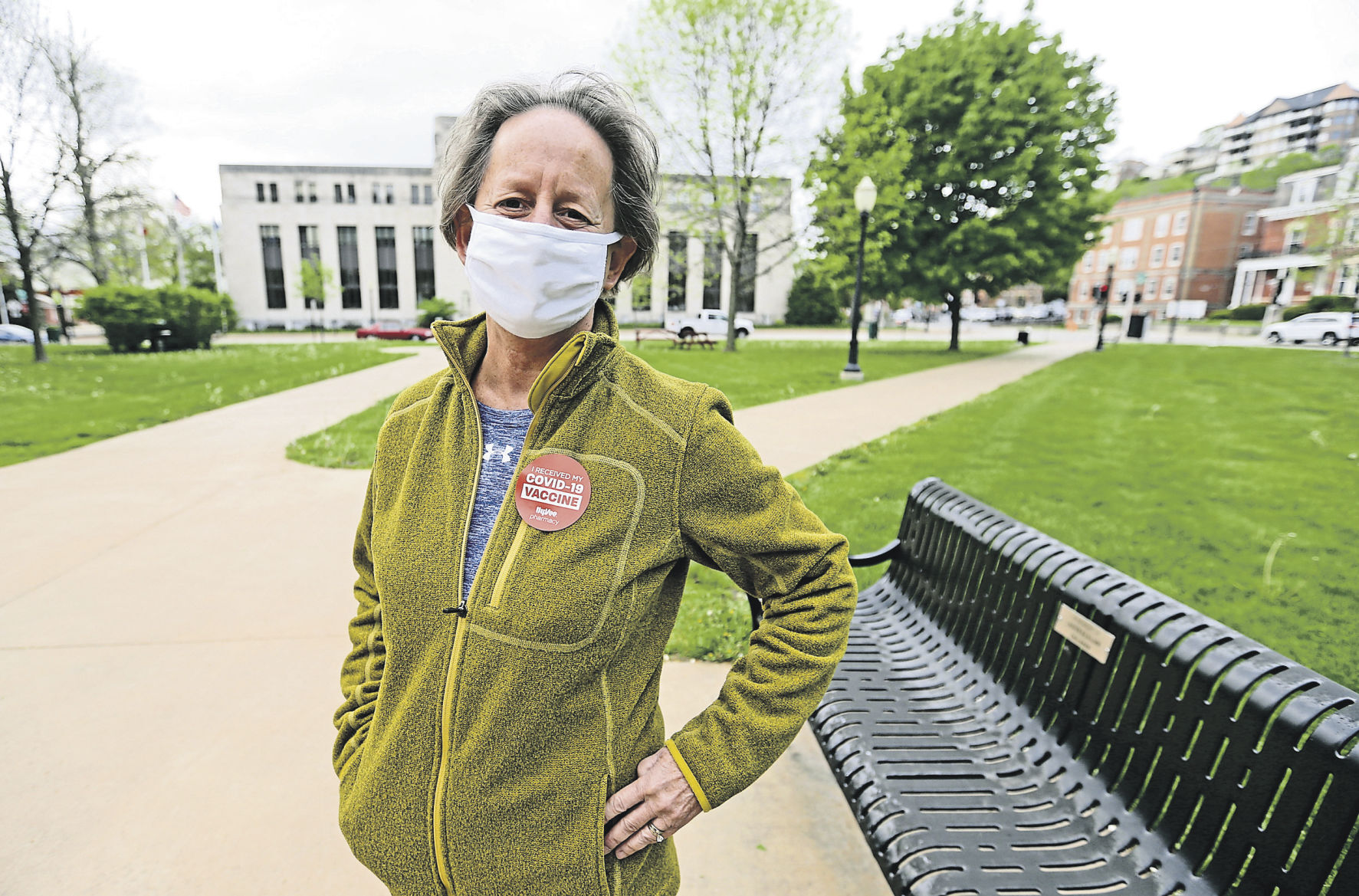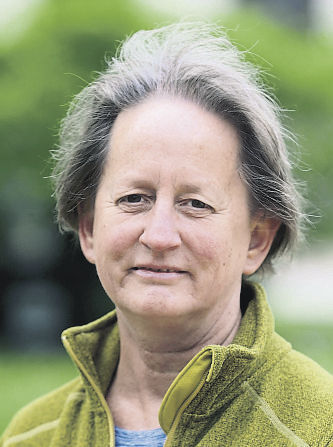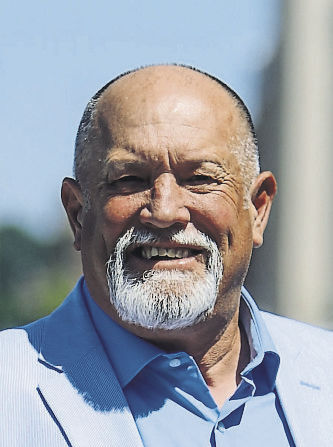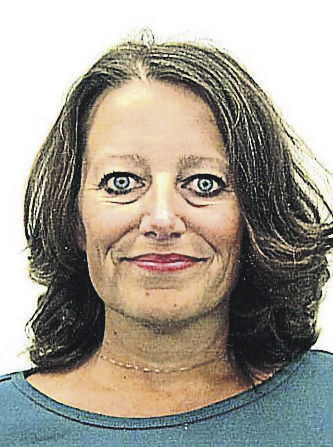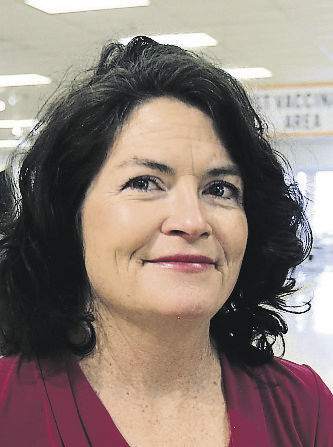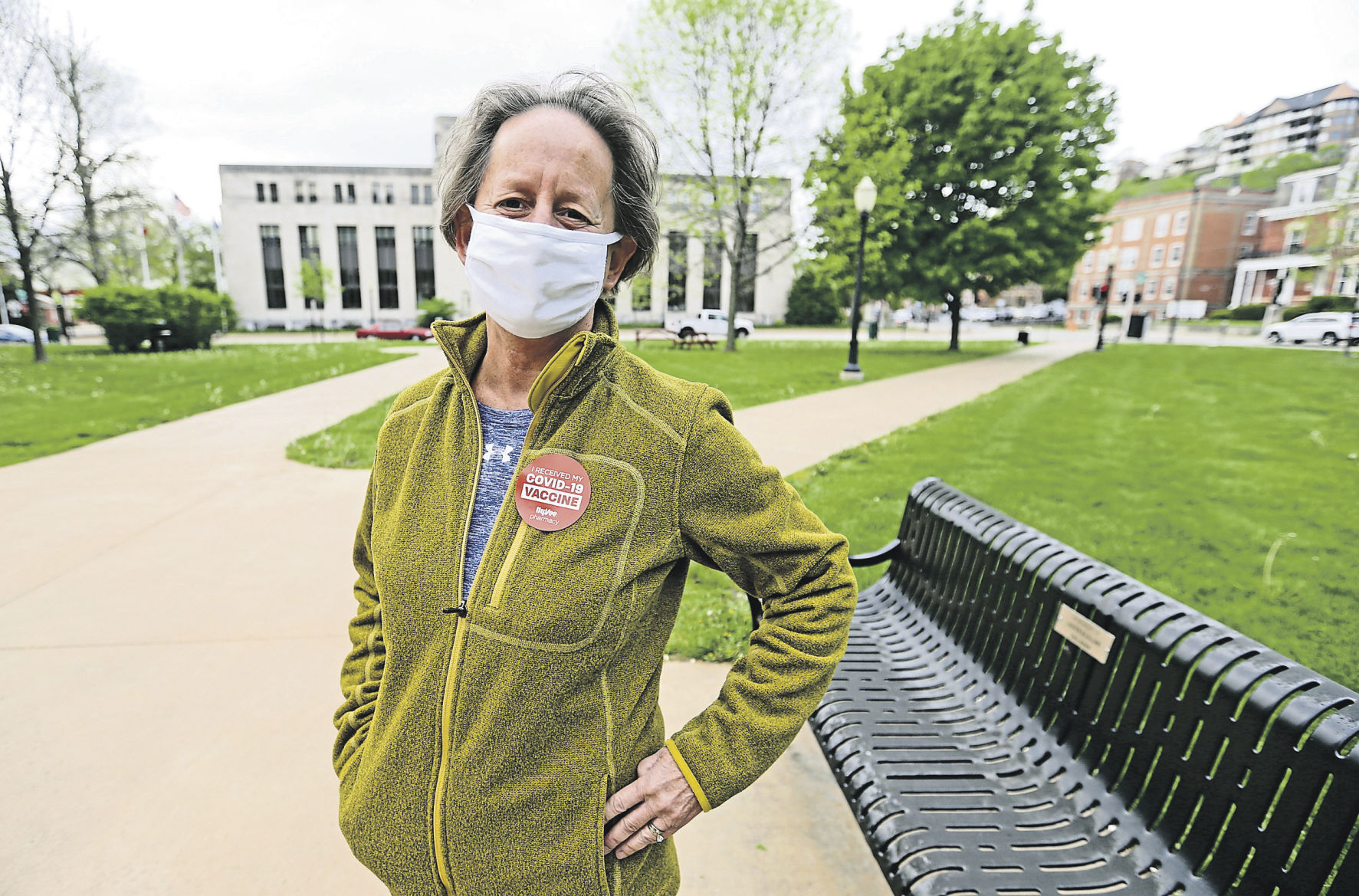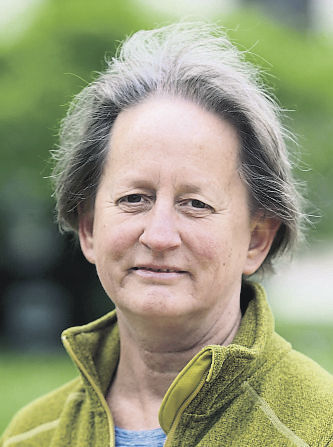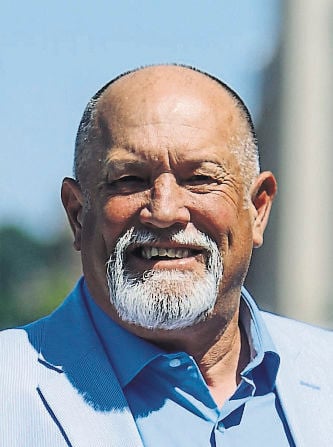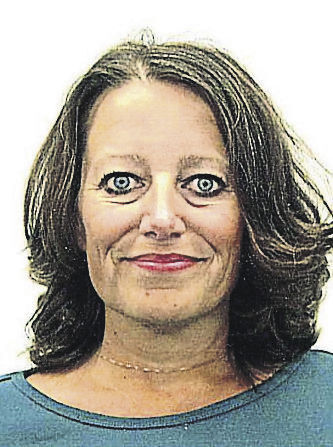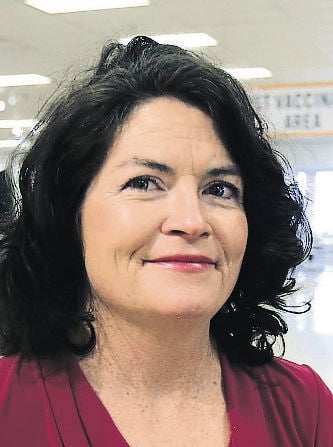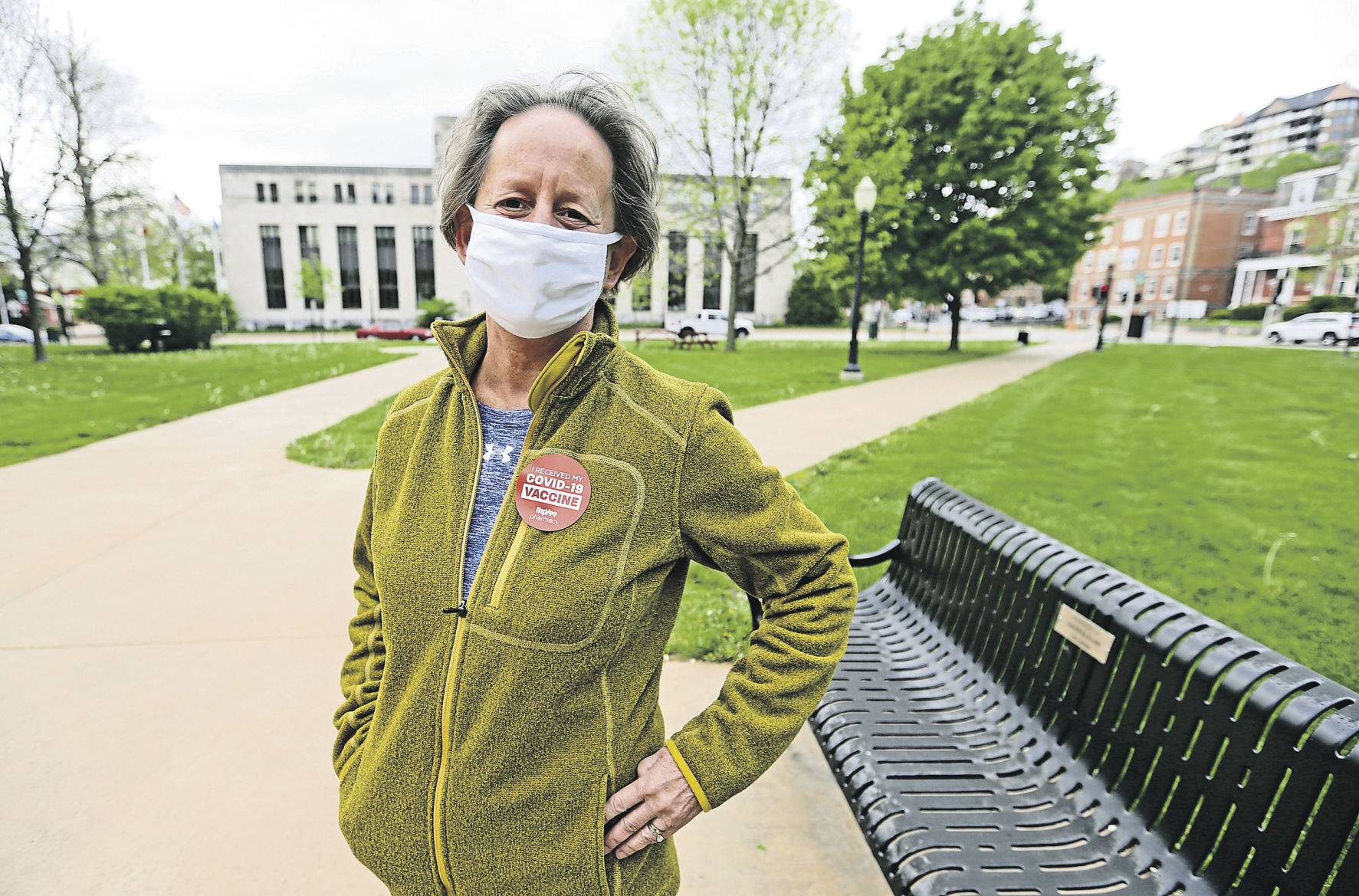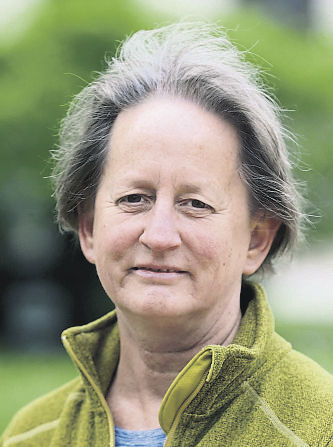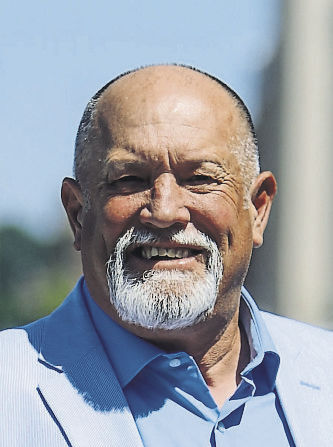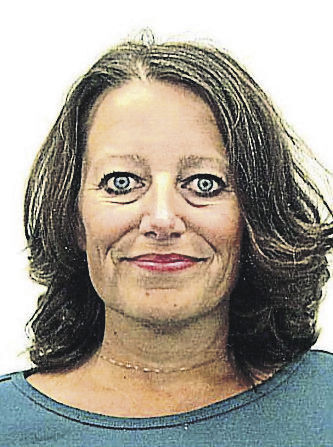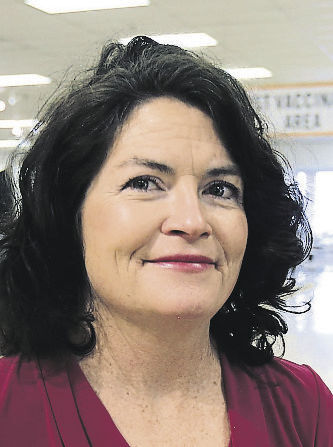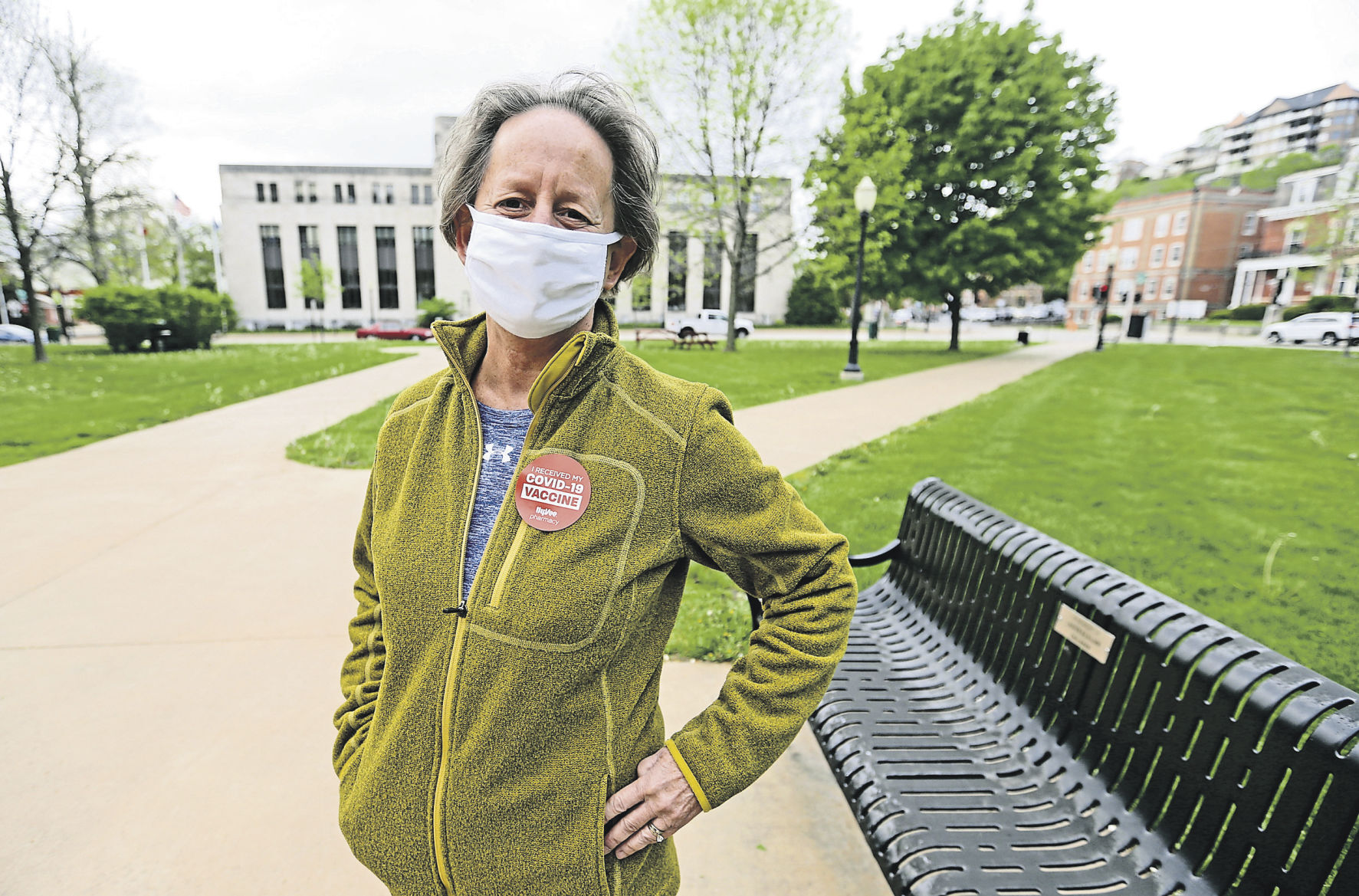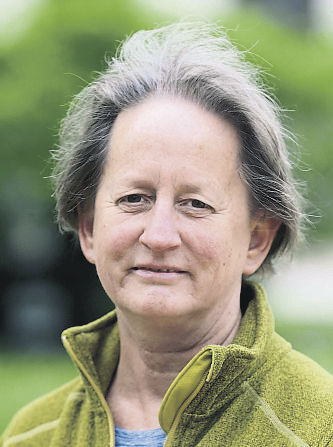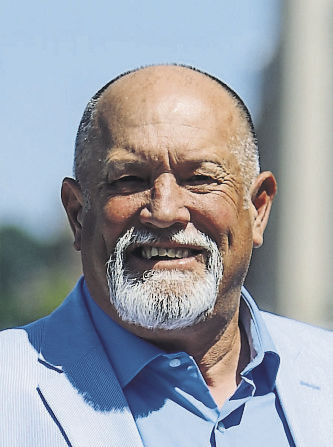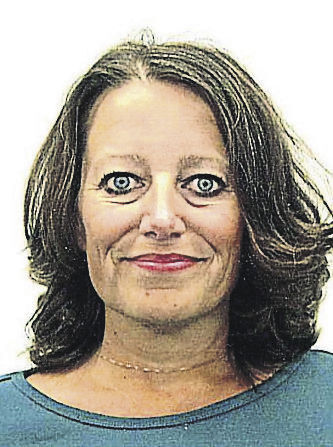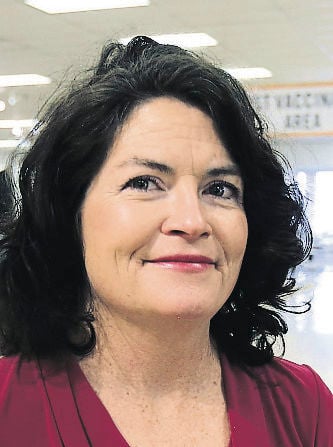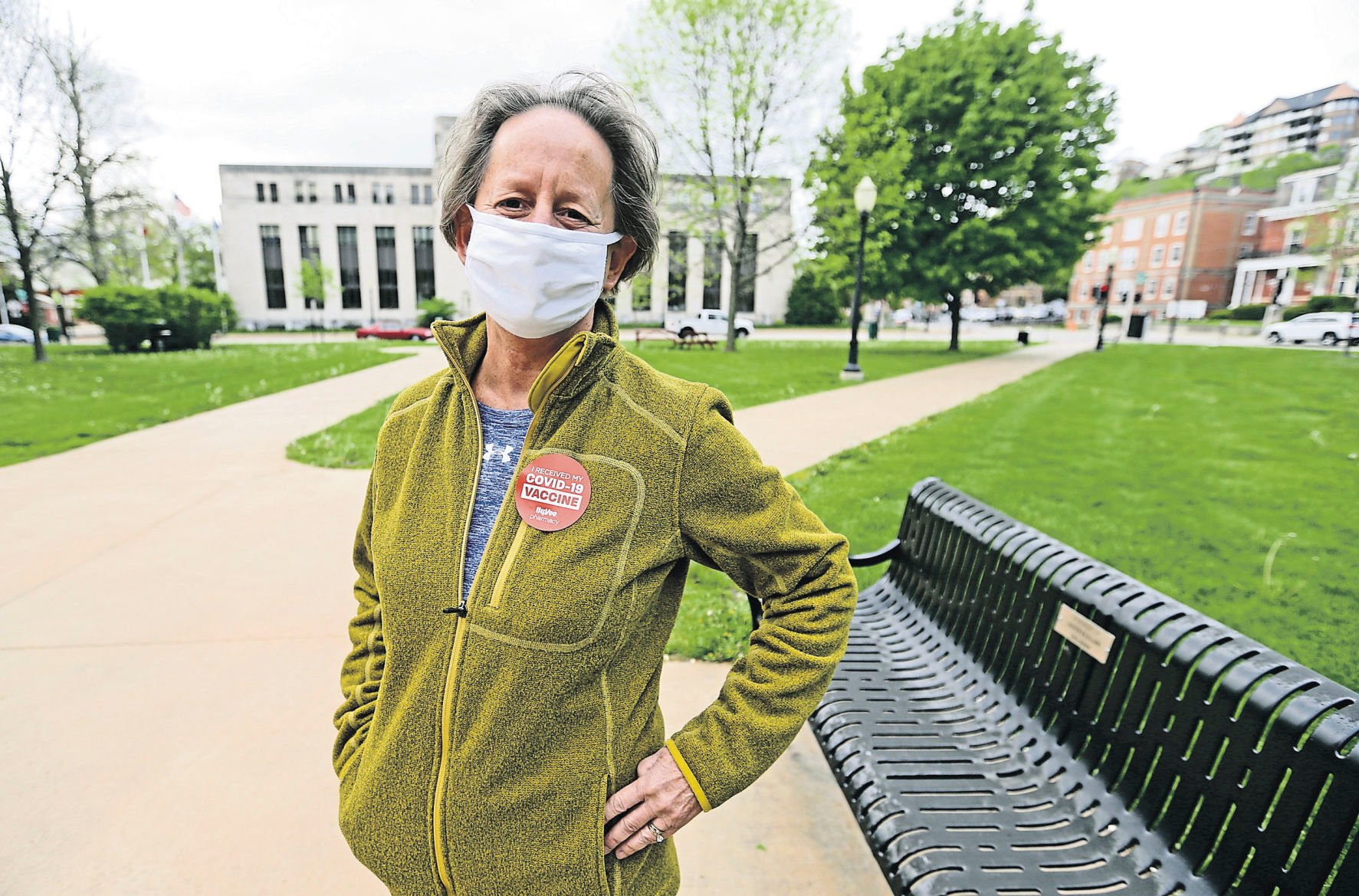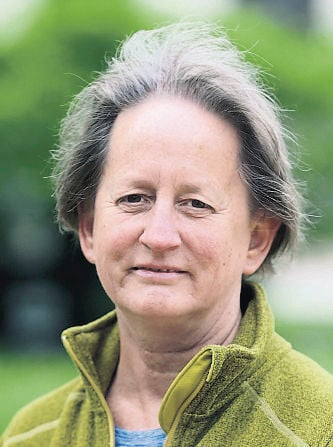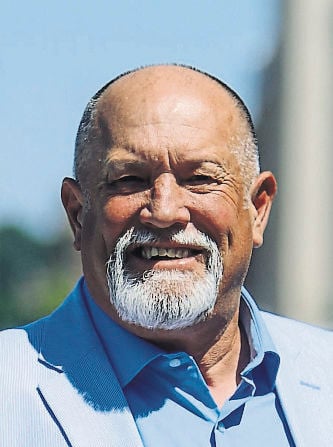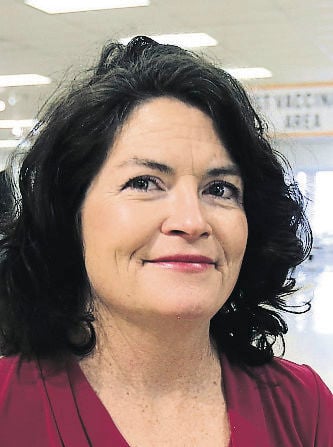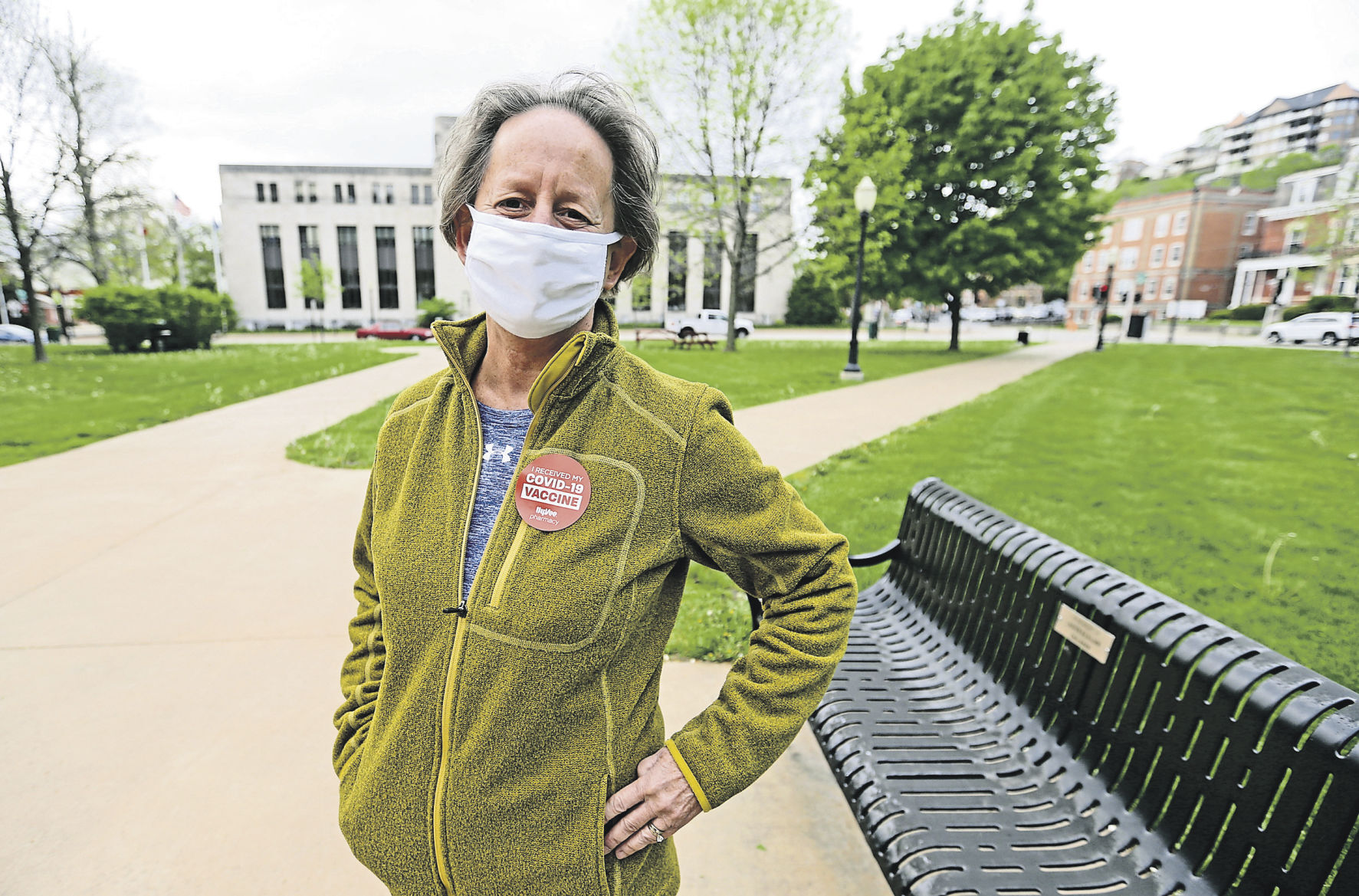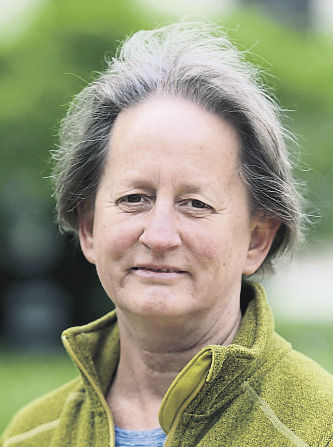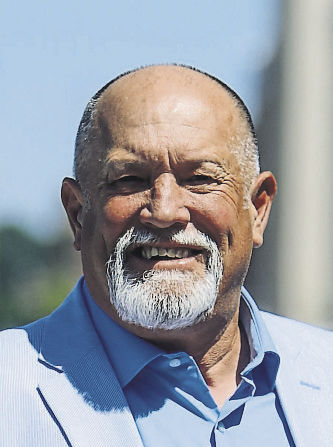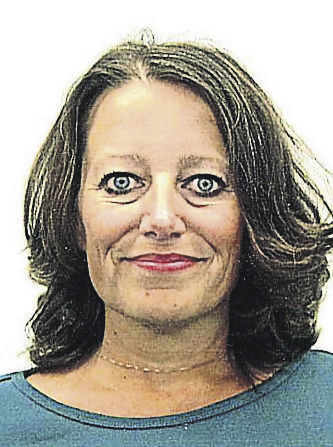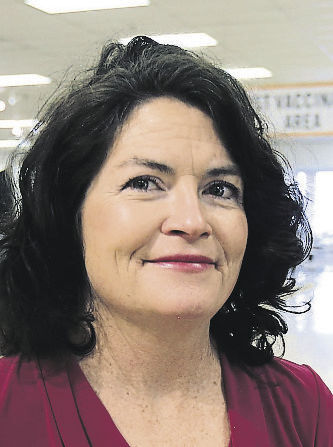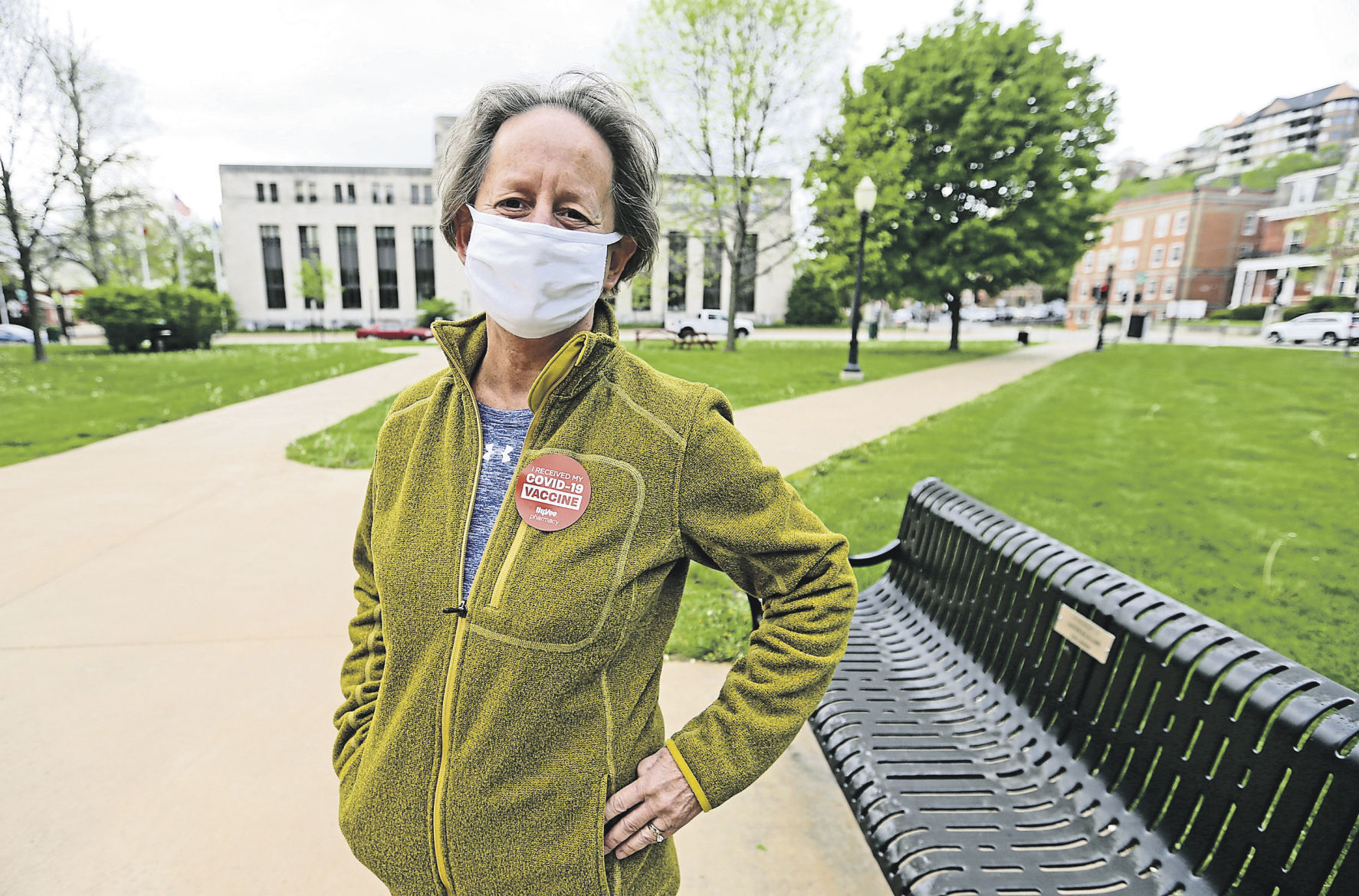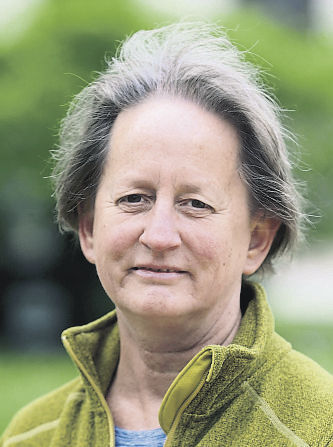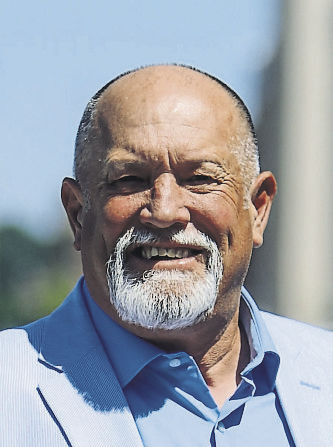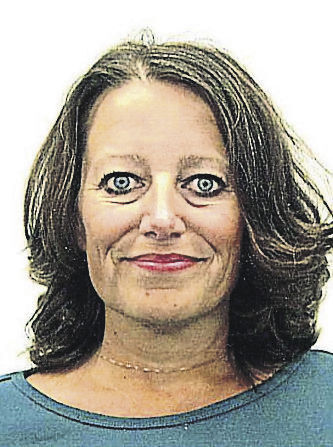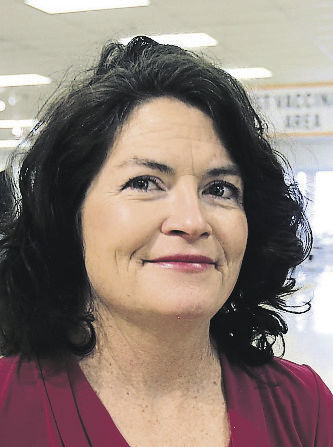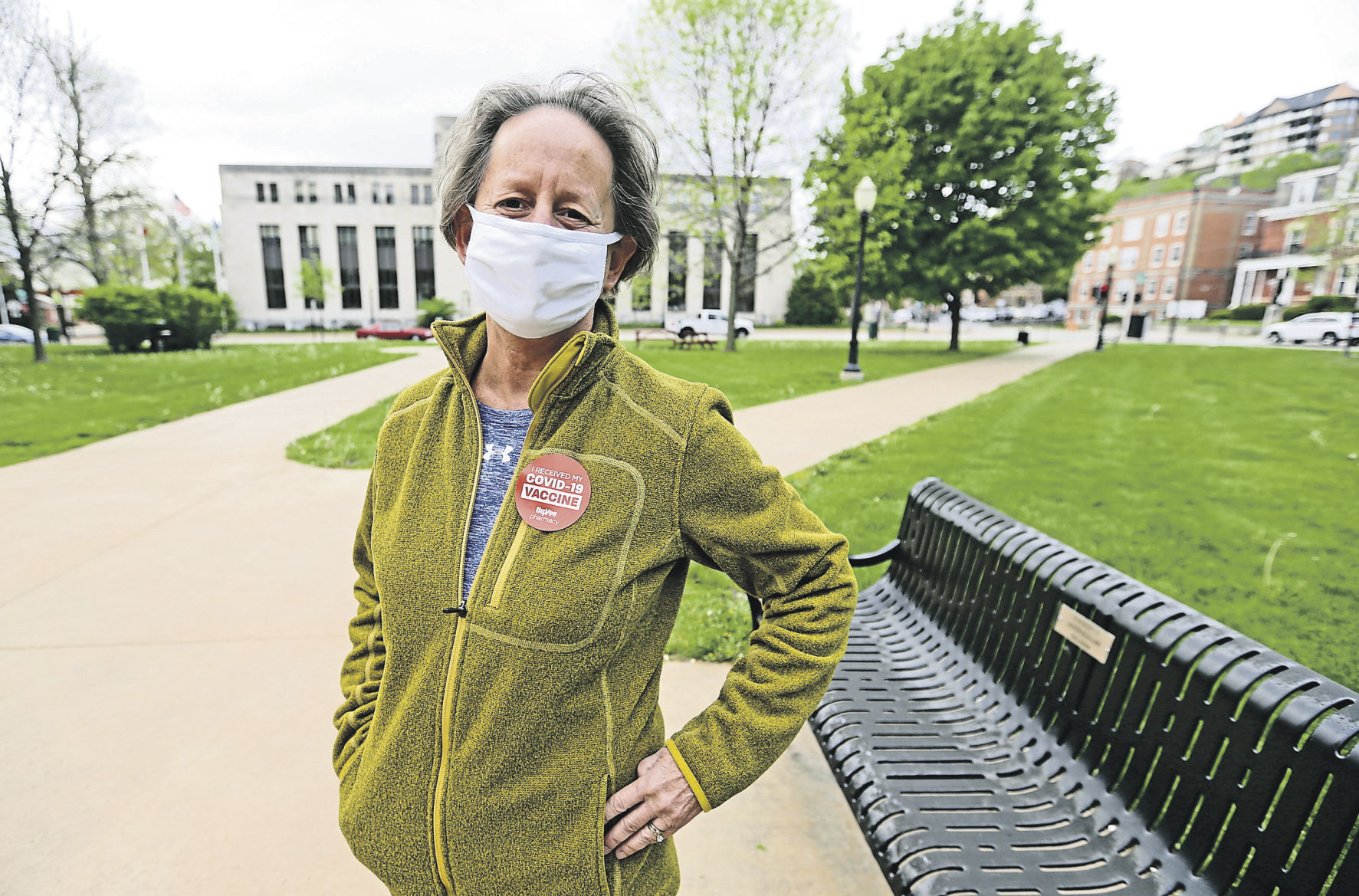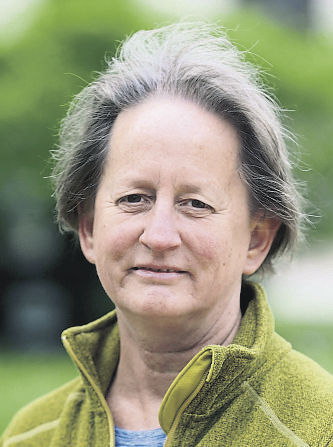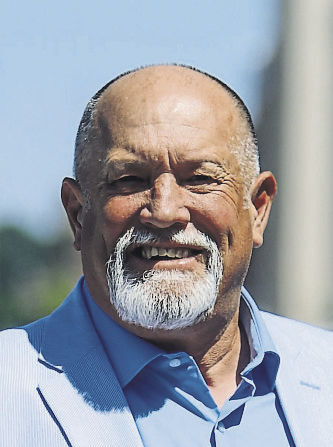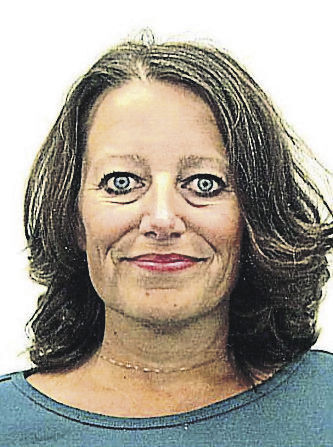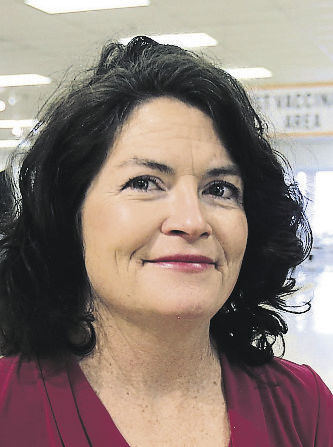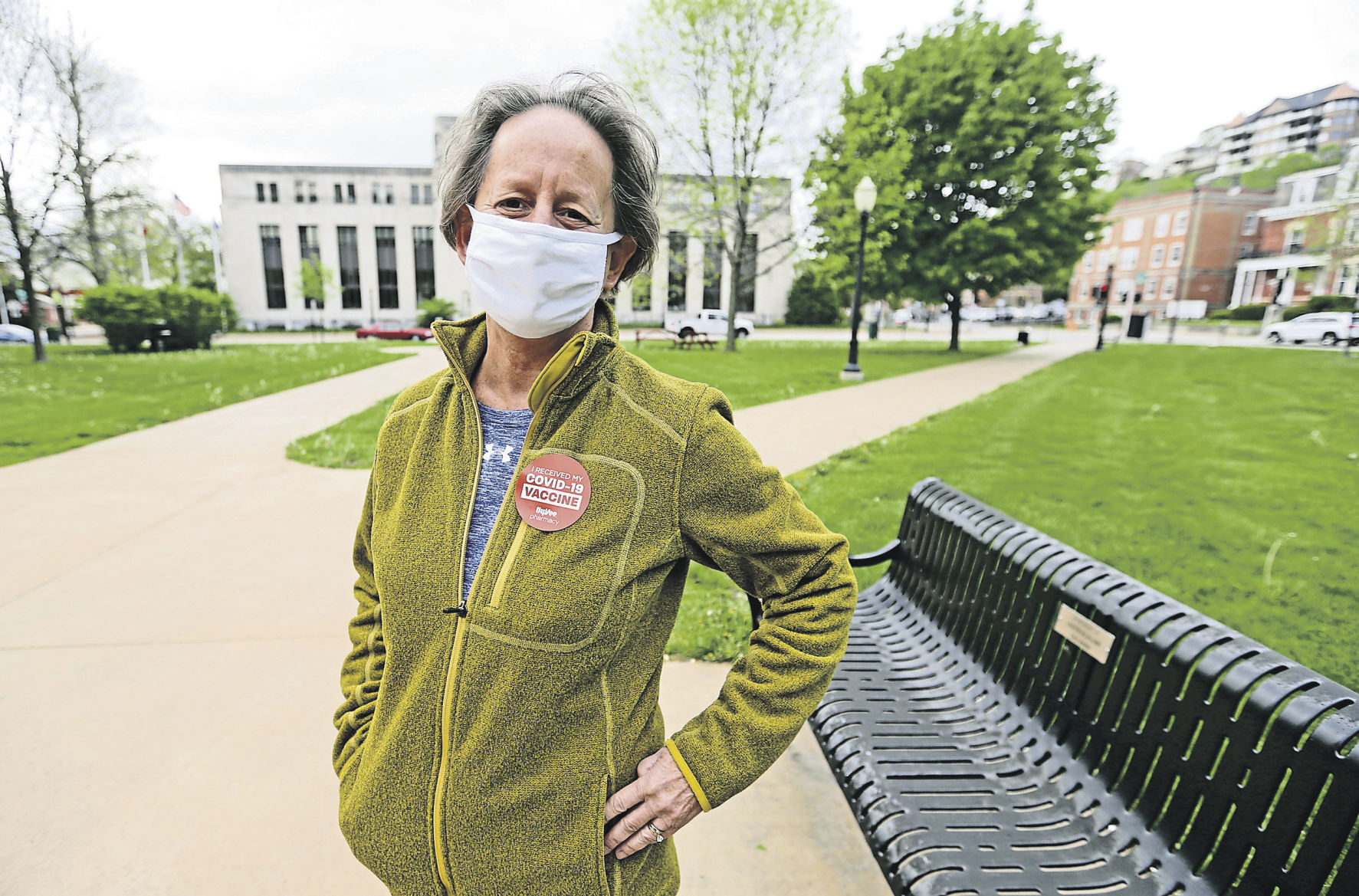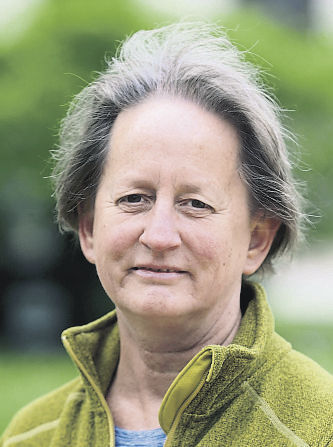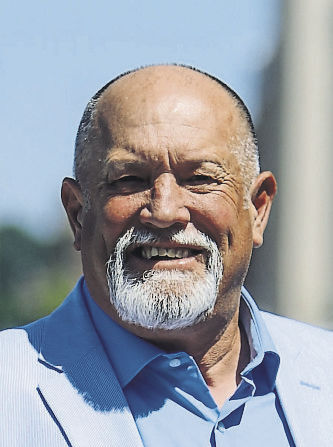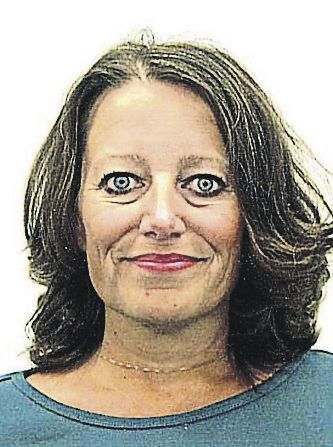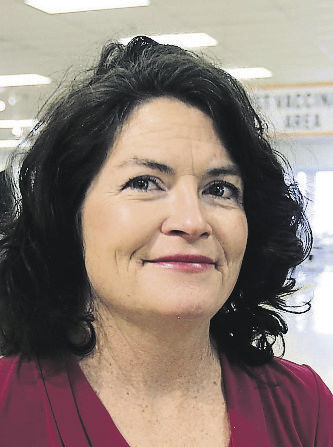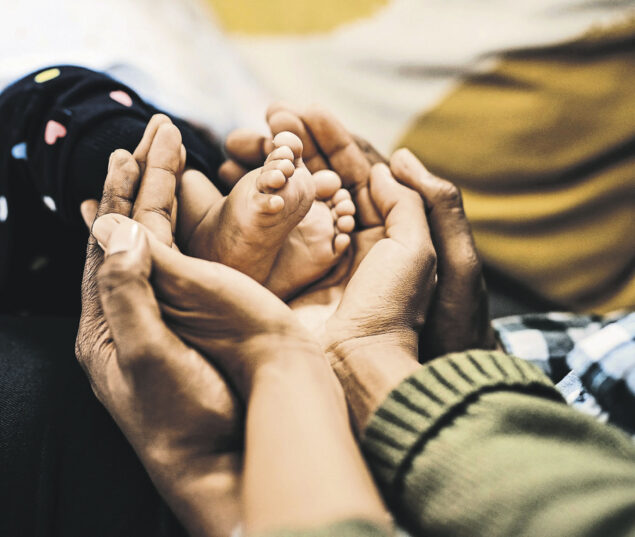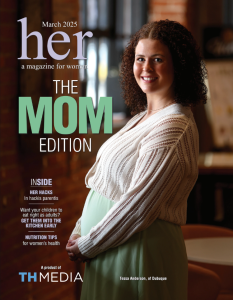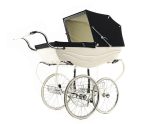LA MOTTE, Iowa — After canceling a trip to Canada last year when the border shut, Libby Burkhart hopes to take another shot at canoeing 460 miles down the Yukon River.
During the past year, she has, like many people, experienced the stress of hunkering through the COVID-19 pandemic and forgoing visits to loved ones. But living in rural La Motte helped. Burkhart, 61, could hike in the woods on her property.
“I get a little more cagey when I’m cooped up at home,” she said.
Now, Burkhart is buoyed by the knowledge that her risks of traveling will be mitigated by the coronavirus vaccine she received earlier this month.
She intends to visit her nieces in Baton Rouge, La., and later this summer, hopes to find herself cutting through the Yukon as the river winds its way between rocky cliffs and pine and poplar trees.
Burkhart’s renewed wanderlust is emblematic of trends increasingly apparent throughout the travel industry: A rise in consumer interest that coincides with the increased availability of the COVID-19 vaccine.
“People are very interested in going and doing stuff, in looking what is going to be out there in the summer,” said Keith Rahe, president and CEO of Travel Dubuque. “(With) the vaccinations, the confidence is picking up dramatically.”
The organization saw a 172% increase in travel guide requests in March compared to year prior and a 428% increase in visitors at its Welcome Center.
At the Dubuque Regional Airport, where American Airlines suspended its formerly thrice-daily Chicago route last October, service was reinstated in January to one daily flight. A second was added in April.
Nationally, 72% of Americans are planning a summer vacation, according to the U.S. Travel Association, a 35% increase compared to the year prior.
Flight searches for summer travel also increased. Hopper, a travel booking app, saw a 58% jump the past two weeks of February and early March compared to the same period in 2019. International flight searches increased 51%.
Domestic destinations compromise about two-thirds of customer interest, particularly sunny locales that are conducive to outdoor recreation. Think Florida, Hawaii and South Carolina, along with the Caribbean and Mexico.
Although travel spending, $69.5 billion in March, increased sharply from the previous four months, it remains 31% below March 2019 levels.
“It’s a good sign,” said Angie Harter, manager and travel consultant with Travel Headquarters in Dubuque. “In comparison to last year, people are starting to move again, but we’re not near to what a typical year would have been.”
Surveys indicate that consumer demand for travel is linked to vaccine availability, particularly among older adults. More than 61% of Dubuque County residents, approximately 47,443 people, are fully vaccinated against the coronavirus, as of this printing.
“I feel like you’re a little bit safer,” Burkhart said, adding, “I’m still a little nervous about flying.”
Ray Lyons, a retired truck driver, lives in Kingman, Ariz., just east of the California border. The former Dubuquer makes return trips to Iowa each year to visit his brothers, who still live in the area.
But throughout 2020, Ray, 82, and his wife, Sandra Lyons, 74, hunkered down, rarely leaving Kingman. He lived through the 1950s polio epidemic, but COVID-19 scared him.
“We played it safe, and we survived,” Ray said.
They obtained their vaccines in January and February.
“It was kind of like getting our life back because we felt safe,” Ray said.
They intend to return to Zwingle in June for a family reunion.
If people decide to travel, public health officials said people should still take steps to reduce their risk.
Traveling safely
Earlier this year, the U.S. Centers for Disease Control and Prevention said that people who are fully vaccinated with an FDA-authorized vaccine or a vaccine authorized for emergency use by the World Health Organization can travel safely within the U.S.
That time frame would begin two weeks after receiving the second shot for the Moderna or Pfizer vaccines or two weeks after the
single-dose vaccine Johnson & Johnson vaccine.
People do not have to have to get tested or self-quarantine if they are fully vaccinated or have recovered from COVID-19 within the past three months, but all travelers should still wear a mask and socially distance from people outside of their traveling party, the CDC said.
While the vaccines overwhelmingly help prevent serious illness and death, no vaccine is 100% effective, said City of Dubuque Public Health Specialist Mary Rose Corrigan.
“(While) traveling, you will most likely be in crowded, more populated areas with more people,” she said.
Corrigan also advises people to plan ahead and research the conditions at their destination.
“If outbreaks are happening in younger adults, then you’re not going to want to be around younger adults,” Corrigan said.
Travelers also should look at hospital capacity to gauge crowding. Figures often can be accessed through the websites of state public health agencies.
Travelers who are injured or contract a non-coronavirus illness could struggle to obtain treatment if local institutions are overburdened with COVID-19 patients.
In the unlucky event a COVID-19 outbreak leads to cancellations, Harter said one advantage of using a travel agent is avoiding the hassle of rebooking or obtaining refunds.
Bennet Goldstein writes for the Telegraph Herald.

